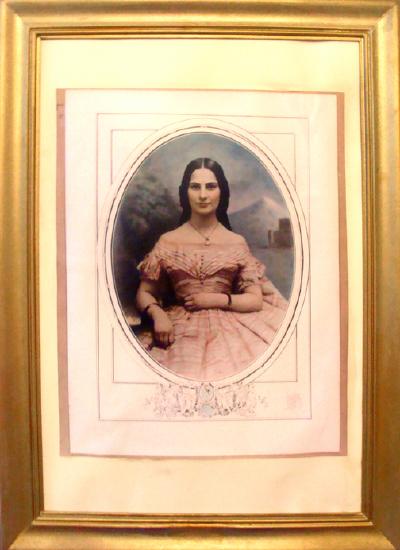Weygant relates that Isaac Gould at the time of his marriage in 1830, owned jointly with his brother Stephen, several large tracts of timberland located mainly in Pennslvania’s Carbon and Lycoming counties. On one of these tracts, Isaac and his bride, Susan, née Sackett, moved into a pioneer cabin on a mountain stream called Hickory Run. About two miles below the cabin was the hamlet of Hickory Run, comprised of a number of woodchoppers’ cabins, a blacksmith shop and a church. Several miles further down, where the stream emptied into the Lehigh River, stood a large solitary hickory tree among a stand of tall pines, inspiring the area’s name.
The following is Weygant’s report of Joanna’s chronicle of the event:
